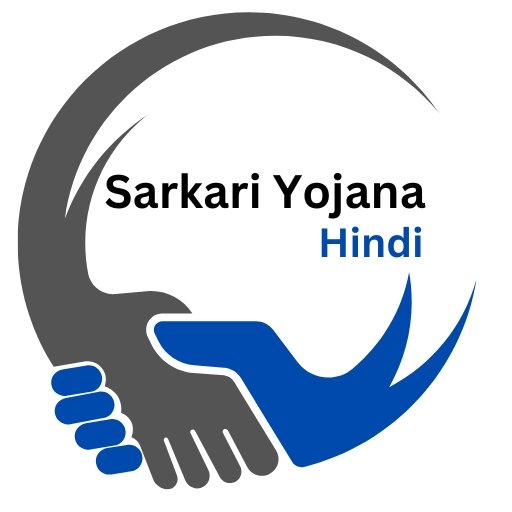[ad_1]
Unsung Heroes of India's Freedom Struggle: India's freedom struggle was a long and arduous struggle, fought by many people from all walks of life. While some of these freedom fighters are famous and celebrated, many others have been forgotten or neglected. India's struggle for independence involved the contributions of many individuals, some of whom may not have been as famous as others, but who played important roles in the fight against British colonial rule. Here are some of the unsung heroes of India's freedom struggle: This article will focus on some of the unsung heroes of India's freedom struggle, people who gave their all for their country, but did not get the recognition they deserved.
Unsung heroes of India's freedom struggle:
Kamaladevi Chattopadhyay
In India, Kamaladevi Chattopadhyay was a social reformer and freedom fighter who lived from 3 April 1903 to 29 October 1988. He was known for his participation in the Indian independence movement, his role in the revival of Indian handicrafts, handlooms and theatre. Independent India, and her pioneering work in improving the socioeconomic status of Indian women. She was the first woman in India to run for office from a Madras constituency, and although she was unsuccessful, she paved the way for future female candidates.
Khudiram Bose
Khudiram Bose, sometimes known as Khudiram Basu, was an Indian revolutionary from the Bengal Presidency who opposed British rule in India. He lived from 3 December 1889 to 11 August 1908. He and Prafulla Chaki were convicted and hanged for their role in the Muzaffarpur Conspiracy Case, making him one of the victims of the Young Indian Independence Movement.
Khudiram and Prafulla Chaki tried to kill the British judge by detonating a bomb on the car in which Magistrate Douglas Kingsford was sitting. However, Magistrate Kingsford was sitting in a separate carriage when the bomb exploded, killing two British women. Before being caught, Prafulla committed suicide by shooting himself. Khudiram was detained, tried for the murder of two women, and eventually given the death penalty. He was one of the first Indian rebels hanged by the British in Bengal. Khudiram was India's second youngest revolutionary when he was hanged at the age of 18 years, 8 months, 11 days and 10 hours.
Matangini Hazra
Matangini Hazra (19 October 1870 – 29 September 1942), an Indian revolutionary, participated in the movement for Indian independence until she was shot dead by the British Indian Police in front of the Tamluk police station on that date. She was jokingly called Gandhi Buri, which is Bengali for old lady Gandhi.
Tirupur Kumaran
Tiruppur Kumaran or Kodi Katha Kumaran, also known as Kumaran or Kumarasamy Mudaliar, was an Indian revolutionary and freedom fighter who participated in the Indian independence movement. He was born on October 4, 1904 and died on January 11, 1932. Chennimalai, in the Madras Presidency of British India, is where Kumarasamy Mudaliar was born. Nachimuthu Mudaliar and Karuppayi were his parents. He started the Desa Bandhu Youth Association and organized anti-British demonstrations.
He died of wounds received from a police attack on the banks of the Noyyal River in Tiruppur on January 11, 1932, while participating in a protest march against British rule. Kodi Katha Kumaran, which means “Kumaran who protected the flag” in Tamil, was given this nickname because at the time of his death, he was holding the banner of Indian nationalists, which was banned by the British.
Peer Ali Khan
Pir Ali Khan, an Indian revolutionary and rebel who participated in the movement for Indian independence, was born in 1812 and died on July 7, 1857. He received the death penalty for his involvement in the freedom struggle of 1857.
Khan, a bookbinder by profession, secretly distributed important fliers, pamphlets and coded signals to the liberation fighters. He regularly campaigned against the British government. On July 4, 1857, he and 33 of his followers were taken into custody. Khan and 14 other rebels were executed in front of the public on July 7, 1857 by William Tyler, the Commissioner of Patna at that time.
Sharing is caring!
[ad_1]
